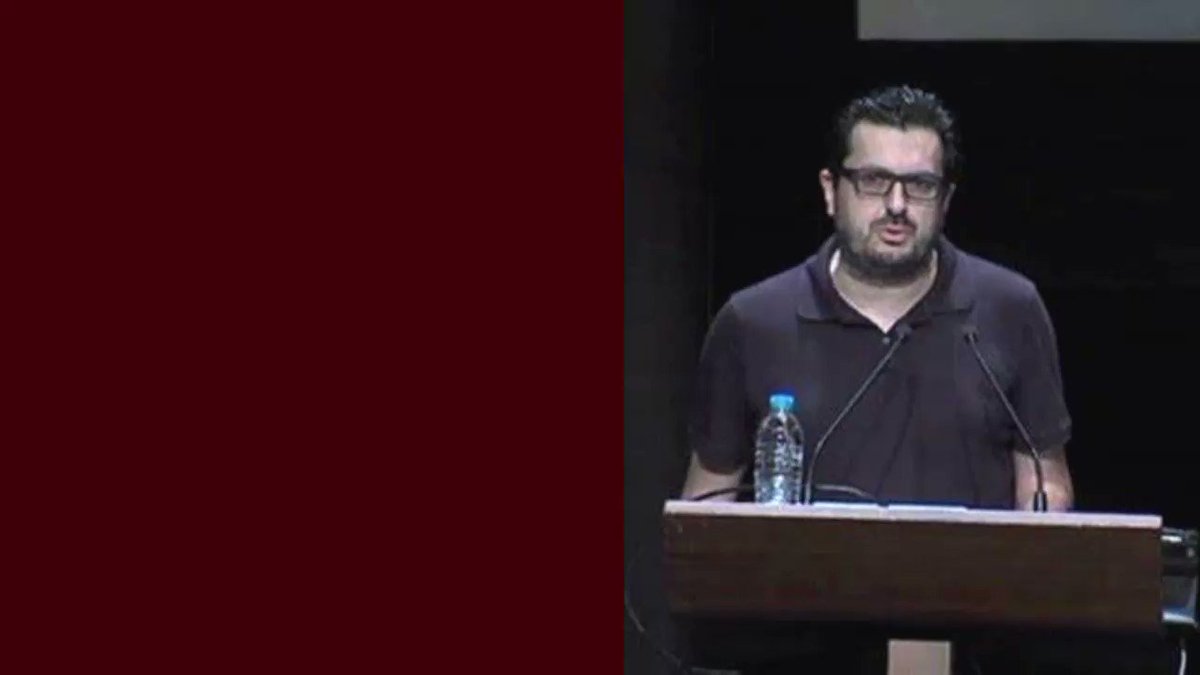Vibha B Madhava
7:04
7:05
7:06
7:07
7:08
7:08
7:09
7:09
7:11
7:12
7:13
7:14
7:16
7:16
7:17
7:18
7:19
7:21
7:22
7:24
7:25
7:26
7:27
7:29
7:30
7:31
7:33
7:34
7:37
7:37
Connecting…







